
Recommendation
This is surely one of the decade’s best books on decision making, economics, psychology and behavior – because it touches all of those topics. Author Dan Ariely is a distinguished academician, but his style is so clear, accessible and straightforward that he does not seem to belong to academia at all. Although he recounts numerous experimental procedures and discoveries, he never bogs the reader down in technical minutiae or jargon. Moreover, he provides a clear connection to the reader’s life with every account. The book is eminently practical and stretches beyond the boundaries even of the several sciences in his research. At times, themes from spiritual and philosophical literature resonate in the text. getAbstract believes reading this book can help anyone make more conscious decisions – no matter what those decisions are about, from setting a corporate strategy to finding a date to just choosing what brand of soda to buy.
Summary
About the Author
Dan Ariely is the James B. Duke Professor of Behavioral Economics at Duke University, with appointments at the Fuqua School of Business, the Center for Cognitive Neuroscience and the Department of Economics. He is a visiting professor at MIT’s Media Lab.





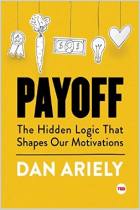
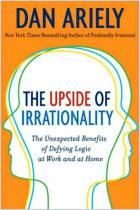
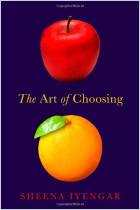
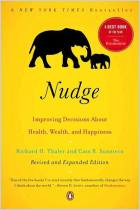

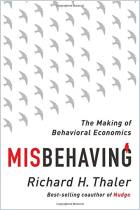
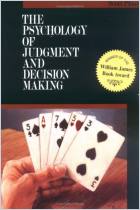
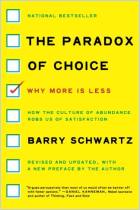
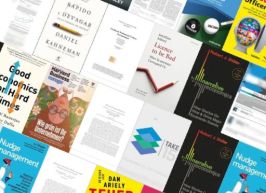


Comment on this summary